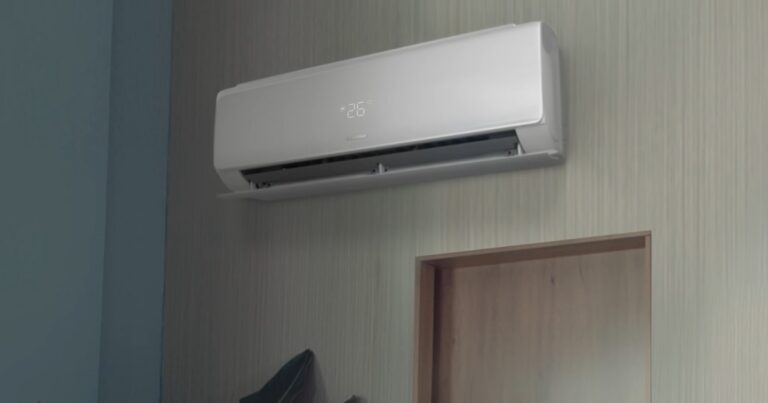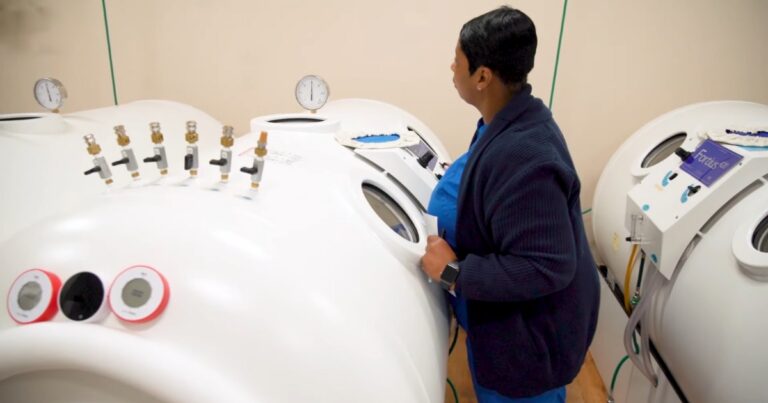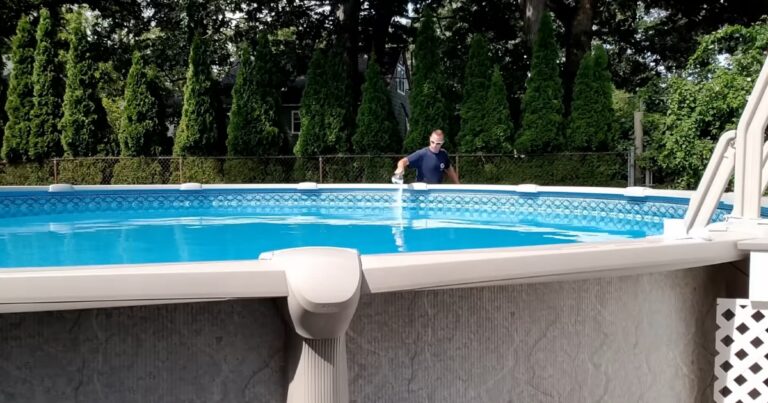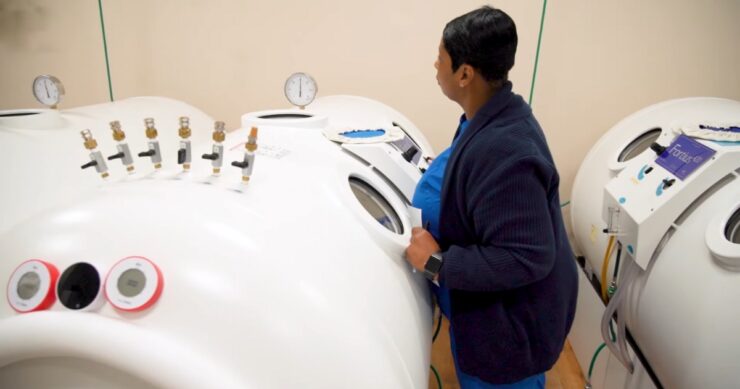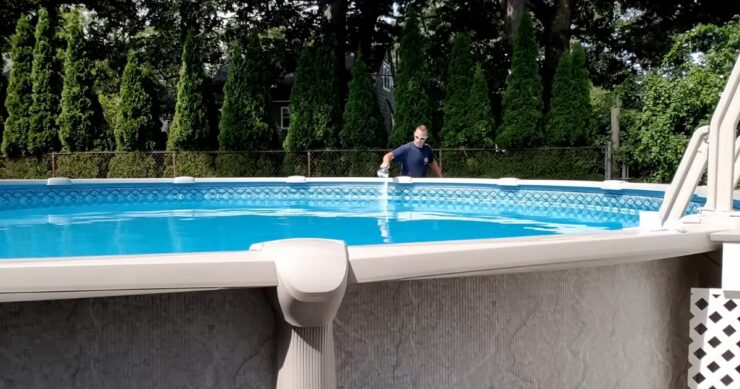When your air conditioner stops cooling effectively, it can be more than just an inconvenience; it’s a disruption to your comfort and daily life. This comprehensive guide aims to equip you with the knowledge to troubleshoot your AC issues, providing practical solutions to restore its cooling efficiency.
Common Causes of Ineffective Cooling
Inadequate cooling can stem from various sources. Often, the culprit is a dirty air filter, which can restrict airflow and reduce the system’s efficiency. Regular cleaning or replacement of the filter is a simple yet effective step in maintaining your AC’s performance.
Another frequent issue is incorrect thermostat settings. Ensuring your thermostat is set to ‘cool’ and at the desired temperature is a basic but crucial check.
Low refrigerant levels are another common problem. Refrigerant is the substance that your AC uses to remove heat and humidity from the air in your home. If your system has a refrigerant leak, the unit will not cool effectively.
This issue, however, is best handled by a professional such as those at Brown Heating and Cooling from an HVAC company in Sarasota, due to the technicalities involved in handling refrigerants.
Maintenance for Optimal Performance
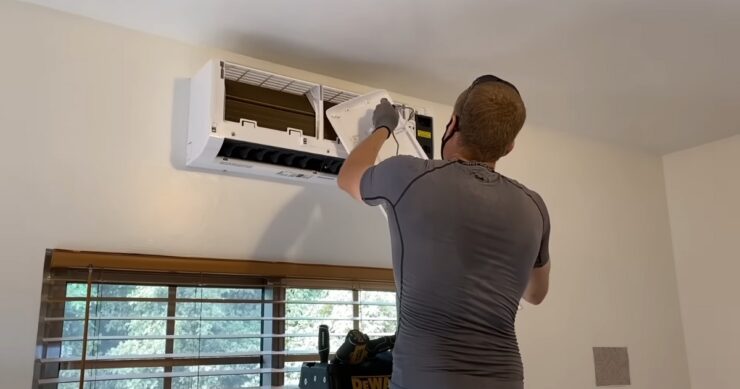
Regular maintenance is vital for the longevity and effectiveness of your air conditioning system. Professional servicing should be conducted annually.
During a maintenance check, a technician will inspect the entire system, clean coils, check refrigerant levels, test system controls, and ensure that all components are functioning correctly. This not only helps in preventing cooling issues but also extends the life of your unit.
Checking and Sealing Duct Leakage
Leaky ducts can significantly impact your AC’s cooling ability. Ducts that are not well-sealed or insulated can lose a lot of the cooled air, leading to inefficient system performance. Examining your ductwork for leaks and ensuring proper insulation can greatly improve your AC’s cooling efficiency.
Addressing Electrical Issues
Air conditioners have complex electrical systems. Problems like a tripped breaker or blown fuse can halt the operation of your AC. Regularly checking the electrical connections and ensuring that your AC is on its dedicated circuit can prevent such issues. However, deeper electrical problems require professional intervention to ensure safety and proper diagnosis.
Environmental Factors and Unit Placement
The environment around your AC unit can affect its cooling efficiency. Ensure that the outdoor unit is free from debris and has adequate clearance for airflow. Additionally, the placement of your indoor unit can impact its performance. Avoid placing heat-generating appliances or electronics near your thermostat, as this can cause the AC to misread the actual room temperature.
Upgrading to a More Efficient System
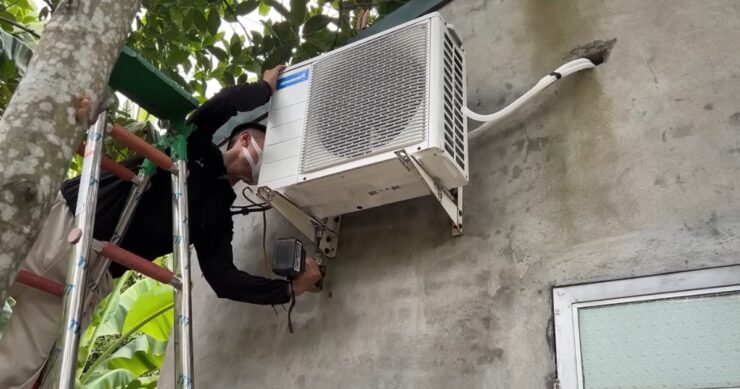
If your AC is old and frequently experiences cooling issues, it might be time to consider an upgrade. Modern air conditioners are more energy-efficient, offer better cooling, and come with advanced features that provide superior comfort and control.
While the initial investment is significant, the long-term savings in energy bills and reduced repair costs can be beneficial.
Understanding System Capacity and Room Size
A crucial aspect often overlooked is the correlation between the capacity of your air conditioning unit and the size of the space it’s meant to cool. An undersized AC will struggle to cool a large room effectively, while an oversized unit can lead to inefficient operation and uneven temperature regulation.
It’s important to have a system that’s appropriately sized for your space. If you’ve recently expanded your home or changed the layout, reevaluating your AC’s capacity for the new space is advisable.
Impact of Insulation and Windows
Your home’s insulation plays a significant role in your AC’s cooling efficiency. Poor insulation can lead to a significant loss of cool air, forcing your AC to work harder. Similarly, windows can be a source of heat gain, especially if they’re old or not well-sealed.
Investing in good insulation and considering window treatments or upgrades can significantly enhance your AC’s performance and reduce energy costs.
Dealing with Humidity Issues
Air conditioners don’t just cool the air; they also reduce humidity. In areas with high humidity, your AC might need to work harder to maintain comfort levels. If your home feels humid despite the AC running, it could indicate a problem with the unit’s dehumidifying capability. In some cases, pairing your AC with a dehumidifier can improve comfort and efficiency.
Smart Thermostats for Enhanced Control
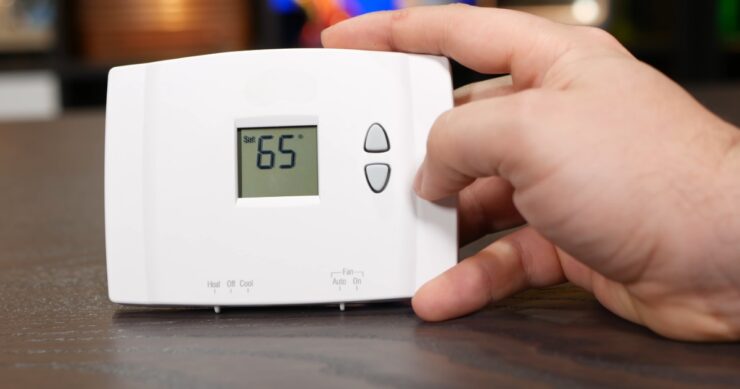
Upgrading to a smart thermostat can offer significant advantages in managing your AC’s performance. These devices allow for more precise temperature control, learning your preferences and adjusting automatically for optimal comfort and efficiency.
They can also provide valuable insights into your energy usage and identify patterns or issues with your AC’s operation.
The Role of Airflow in Cooling Efficiency
Airflow is another critical factor in your AC’s performance. Obstructions in vents or poor air circulation can hinder your system’s ability to distribute cool air evenly throughout your home. Ensure that furniture or drapes are not blocking vents and that air can circulate freely.
Regularly inspecting and cleaning vents and registers can also improve airflow and cooling effectiveness.
When to Call a Professional
While many AC issues can be resolved with simple checks and maintenance, there are instances where professional expertise is necessary. If you’ve gone through basic troubleshooting steps without success, or if the issue involves refrigerant, electrical components, or complex system diagnostics, it’s time to call in a certified technician.
A professional can provide a thorough inspection, pinpoint the exact issue, and offer solutions that are safe and effective.
Final Thoughts
Troubleshooting an air conditioner that’s not cooling effectively requires a blend of basic knowledge, regular maintenance, and sometimes professional help. By being aware of the various factors that influence your AC’s performance and addressing them proactively, you can ensure that your system provides reliable and efficient cooling.
Related Posts:
- Why Do My AirPods Cut out Randomly? - Troubleshooting Guide
- Can Dogs Eat Cucumbers - To Crunch or Not to Crunch?
- How Much Does Mold Testing Cost? 3 Tips for…
- What to Do If Hulu Is Down: Troubleshooting Tips and…
- Food Sensitivity Tests: When to Take and Why Timing Matters
- How to Fix Liquid Detected in Lightning Connector -…

